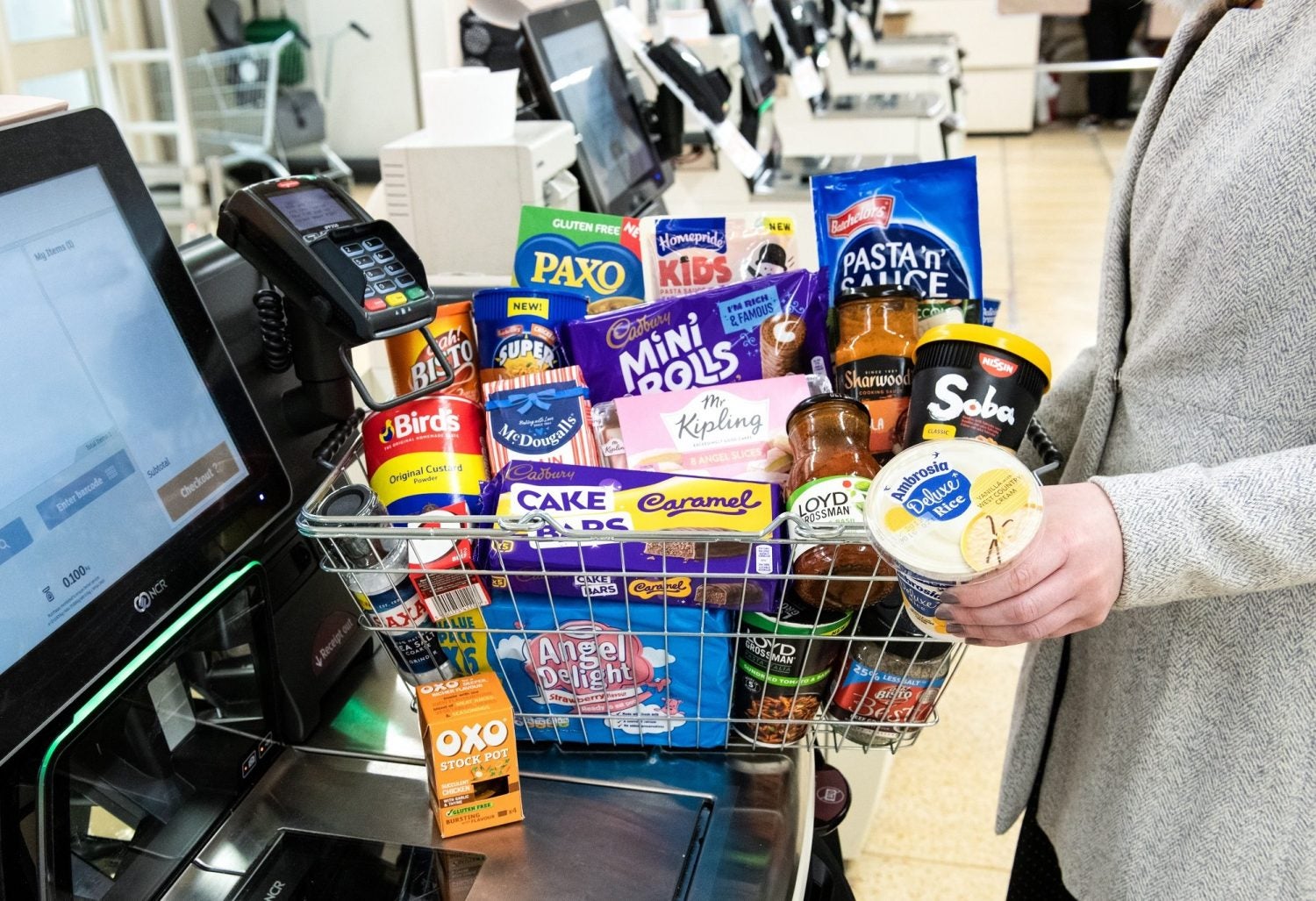
Premier Foods has set new greenhouse gas targets as the UK business seeks to achieve net zero across all emissions by 2050.
The ESG strategy encompasses scope 1 and 2 emissions accompanied by performance monitoring, along with plans to work with its supply chain partners on a carbon-reduction programme. The Mr Kipling cakes maker has also laid out objectives to add more plant-based options to its portfolio, cut food waste and engage its workers in the sustainability agenda.

Discover B2B Marketing That Performs
Combine business intelligence and editorial excellence to reach engaged professionals across 36 leading media platforms.
London-listed Premier set out its targets in a stock-exchange filing this morning (29 October) before COP26 gets underway in Glasgow on Sunday, with an interim goal to reduce scope 1 and 2 emissions by 42% by 2030. The company has so far cut direct emissions across its operations by 43% from a 2008 base, with a 5.8% reduction during its fiscal year ended on 3 April. Premier is aiming to cut scope 3 emissions by 25% by 2030.
Water usage has been lowered by 59% from a 2007 base, while 94% of Premier’s packaging is now recyclable.
CEO Alex Whitehouse, who took on the role two years ago, said: “Over the last few years, we have made some very good progress against our previous ESG strategy and we are proud of the achievements that we have made so far. We have evolved rapidly as a business over the last eighteen months and we now have ambitions which are much bigger and bolder.
“We are launching a new ESG strategy which reflects this ambition. We firmly believe that we should take responsibility for helping to support a healthier planet, for delivering new product options to help consumers eat more healthily and in caring for our colleagues and communities.”

US Tariffs are shifting - will you react or anticipate?
Don’t let policy changes catch you off guard. Stay proactive with real-time data and expert analysis.
By GlobalDataPremier’s Science-Based Targets are aligned with the mission to limit global warming to 1.5C under the Paris Agreement adopted in 2015.
The company said “the group will work to establish supply chain carbon-reduction programmes through its supplier base and work with its partners to develop a decarbonisation plan for its logistics and distribution operations” as Premier seeks “to achieve net zero across the total value chain by 2050”. It is aiming for a “deforestation-free supply chain by 2030”.
Performance against the targets will be monitored and reviewed annually under an internal governance committee headed up by Whitehouse.
Following the introduction of the Plantastic plant-based brand of desserts, cakes and soups in 2019, Premier aims to “more than triple” sales in the category from GBP78m to GBP250m (US$344.2m) by 2030, along with “doubling the sales of products that meet high-nutrition standards” by the same year.
Premier generated GBP947m in group revenues in the year ended in April with a base profit of GBP106m. The company is due to issue its first-half results on 16 November.
As part of the plan, the company will launch Batchelors meat-free meal pots featuring an alternative to bacon coined ‘facon’, while Premier will also “explore the use of other new ingredients such as pea and wheat protein and algae to deliver its target”.
The Oxo seasonings owner aims to reduce the environmental impact of packaging by reaching 100% recyclable, reusable, or compostable packaging by 2025, and to halve food waste five years later. The company registered an 11.2% decrease per ton of product sold in that area last year.
For its staff, Premier will “implement a series of plans to improve the lives of colleagues and communities through delivering a diverse, healthy and inclusive company culture; to become a leading developer of people in the UK food industry and to be a caring partner in the community”, it said, with gender diversity playing a part as well.
Meanwhile, Cranswick said the UK pork and poultry processor’s existing 14 sites have received PAS2060 carbon neutral certification after reducing emissions by 18% in its last financial year as part of the company’s net zero 2040 target.
The London-listed business added its 1.5C Science Based Target encompasses scopes 1-3 with the aim to cut emissions by 50% across its supply chain by 2030.
Cranswick has also “committed to purchasing 100% certified deforestation-free soya”, a move that is expected to cut carbon emissions by around 20%.
CEO Adam Couch said: “We recognised in 2018 that tackling climate change is everyone’s responsibility and, as a leading operator in the food industry, it was incumbent upon us to play our part.
“We have made significant changes to the way we operate our business through our Second Nature programme. While we have further to go, I’m very proud of our teams who have embraced climate action with such vigour and helped us reach these first milestone steps of carbon neutral manufacturing and also the switch to 100% certified deforestation-free soya.”



